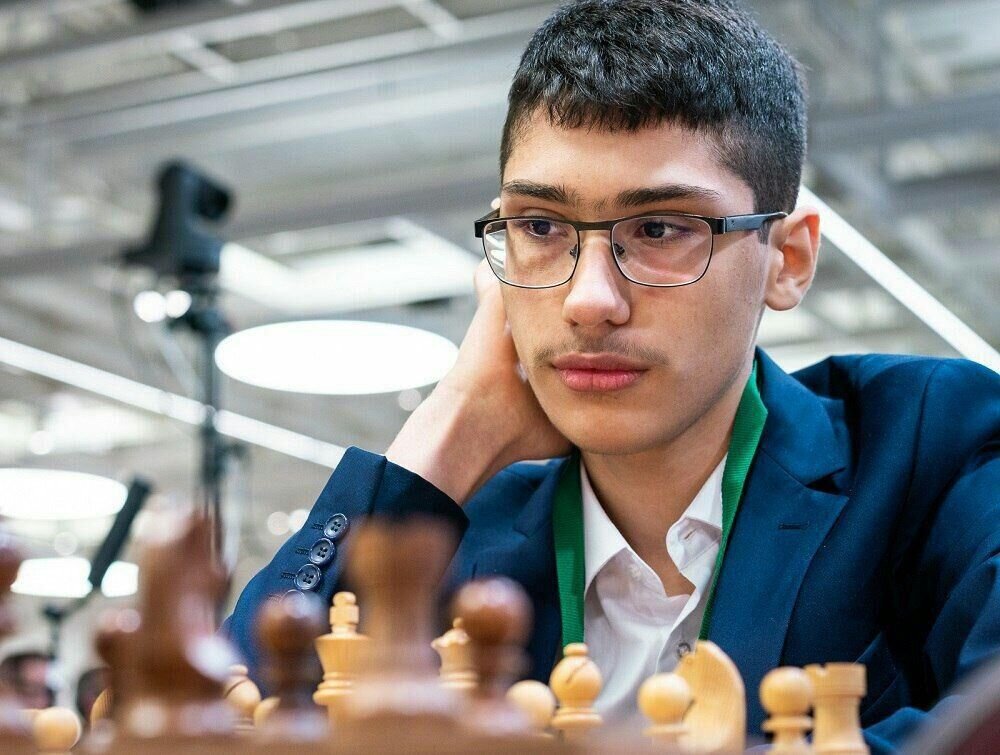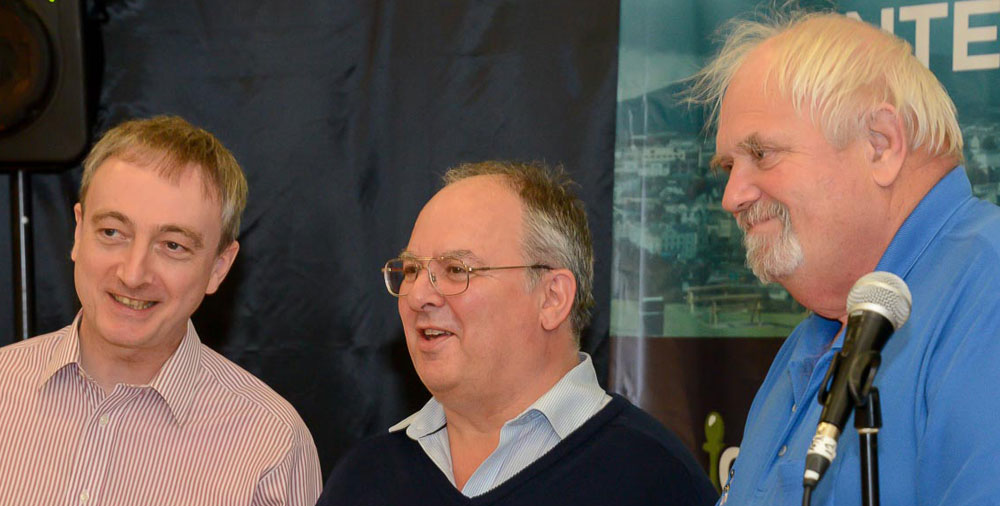Broadstairs 2½ Bridge 1½
| 1 | Andy Flood (115) | 1-0 | Peter Blundell (115) |
| 2 | Reg Pidduck (99) | 0-1 | Gary Hilleard (107) |
| 3 | Bob Cronin (90) | ½-½ | John Dickie (e90) |
| 4 | Mike Doyle (87) | 1-0 | Ian Redmond (81) |
Mike Doyle writes:
Going into this match, Bridge were flying high with seven wins out of seven but suffered a defeat against a well-drilled Broadstairs team. Bridge were going all out for the Walker Shield until Andy, President of the Thanet Chess League, and our captain Mike clinched wins to secure a 2½-1½ victory.
We arrived ten minutes late because our driver Andy took a re-directed route due to flooding and road maintenance. Our opponents did not press the clocks on time, thank goodness, and the match started out with a draw for Bob. He was frustrated after the game because he had a win against newcomer John with two pawns ahead but squandered his pawns in the end game. On the other hand, Reg, President of the Broadstairs Chess Club, had a tricky opponent in Gary Hilleard, who lost to him last season. Gary, playing White, amassed a pawn structure in the middle of the board and ground down Reg’s Dutch Defence.
At this stage Bridge were a point up, well on the way to winning the shield, but our captain, Mike, got the match squared up with a win against Ian Redmond, a neurologist consultant, who was all at sea with his pieces. He threw away his bishop and I capitalized with a queen and rook invading his king and he resigned. It was all up to Andy on the top board, who lost to Peter Blundell last season with both grades tied. Playing White, Andy was full throttle at the outset with his opponent’s king playing walkabout. He resigned after Andy checked with a rook on the seventh rank about to lose his bishop.
Reg said that after the match if Bridge and Folkestone lost one of their matches, Broadstairs had a chance of winning the Walker Shield with a match behind. Before the match I predicted ‘tables will turn’. Unlucky to Bridge for a well-fought match and here’s hoping that Broadstairs will win the remaining matches and bring home the Walker Shield.


